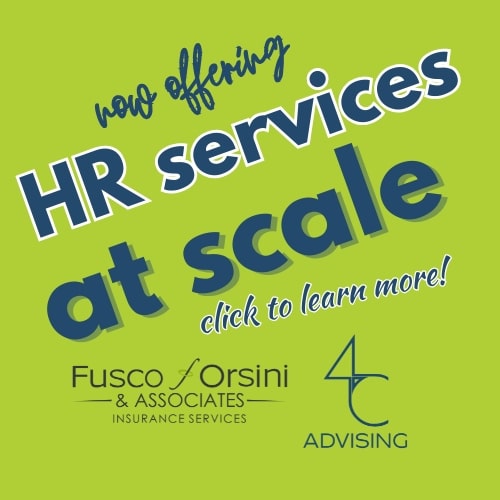


Whether you are a business employing several dozen employees or a company using temporary staffing, worker’s compensation insurance is a necessity.
Worker’s compensation insurance helps protect businesses and employees when an employee is hurt or gets sick due to work-related causes. Also known as workman’s comp, workman’s compensation, worker’s comp, and work comp, it protects workers from potential financial losses due to work-related injuries. Work comp insurance also protects a business financially, helping front the costs of worker’s compensation claims filed by employees.
If an employee is hurt while working or falls ill due to a work-related incident, their lost wages will be compensated for the time they are out of work.
Worker’s compensation insurance covers the cost to pay the employee instead of taking it directly from the business.
Worker’s compensation covers the medical expenses when an employee falls sick and needs medical attention.
As a business owner, your worker’s compensation insurance can protect your business from the financial burden.
If an employee has fallen ill and requires ongoing care for their sickness, worker’s compensation can cover that.
Even if employees return to work and have a new or ongoing health condition, worker’s compensation insurance can help alleviate the financial burden on the company.
Workers’ compensation covers the funerary costs if an employee dies due to a work-related accident or illness.
Worker’s compensation does not cover employees fighting with other employees. If two employees become physical with each other and someone is hurt, worker’s compensation insurance does not cover it. This includes temporary staffing, as worker’s compensation insurance protects from workplace-related injuries, not injuries sustained by antagonistic workers.
If employees hurt themselves or become ill while intoxicated at work, they are not covered by worker’s compensation. This includes intoxication due to drugs, alcohol, or prescription medicine.
Worker’s compensation does not cover an employee who intentionally hurts themselves. If this happens, the fault is on the employee and is not the company’s responsibility.
Emotional injuries are tricky. They are not usually covered by worker’s compensation insurance and are handled through a separate insurance policy for mental health. For more information on emotional injuries and mental health insurance, we encourage you to contact Fusco Orsini & Associates.
Occupational accident insurance is a type of worker’s compensation insurance that gives the business owner control of the coverage and deductible. Unlike worker’s compensation insurance, occupational accident insurance has more flexibility for the employer and can be customized more effectively to suit a business’s needs.
As a business owner, occupational accident insurance vs. worker’s compensation is often the first thing you will need to decide when establishing a protection plan for yourself and your employees. While occupational accident insurance vs. worker’s compensation is debated by employers and employees alike, each has a unique set of pros and cons.
So, regarding occupational accident insurance vs. worker’s compensation, which is better for your business?
Pros:
Cons:
Pros:
Con:
So, which occupational accident insurance vs. worker’s compensation should you pick? It all depends on your business and risk-loss scenarios. If you have more questions, we encourage you to contact Fusco Orsini & Associates for more information and a quote.
Worker’s compensation insurance costs vary depending on several factors. Premiums can also change annually with a worker’s compensation insurance audit. Worker’s compensation is about $1 per $100 payroll (as of 2021). Depending on the number of employees, risk factors, location, and other associated issues, this can also change.